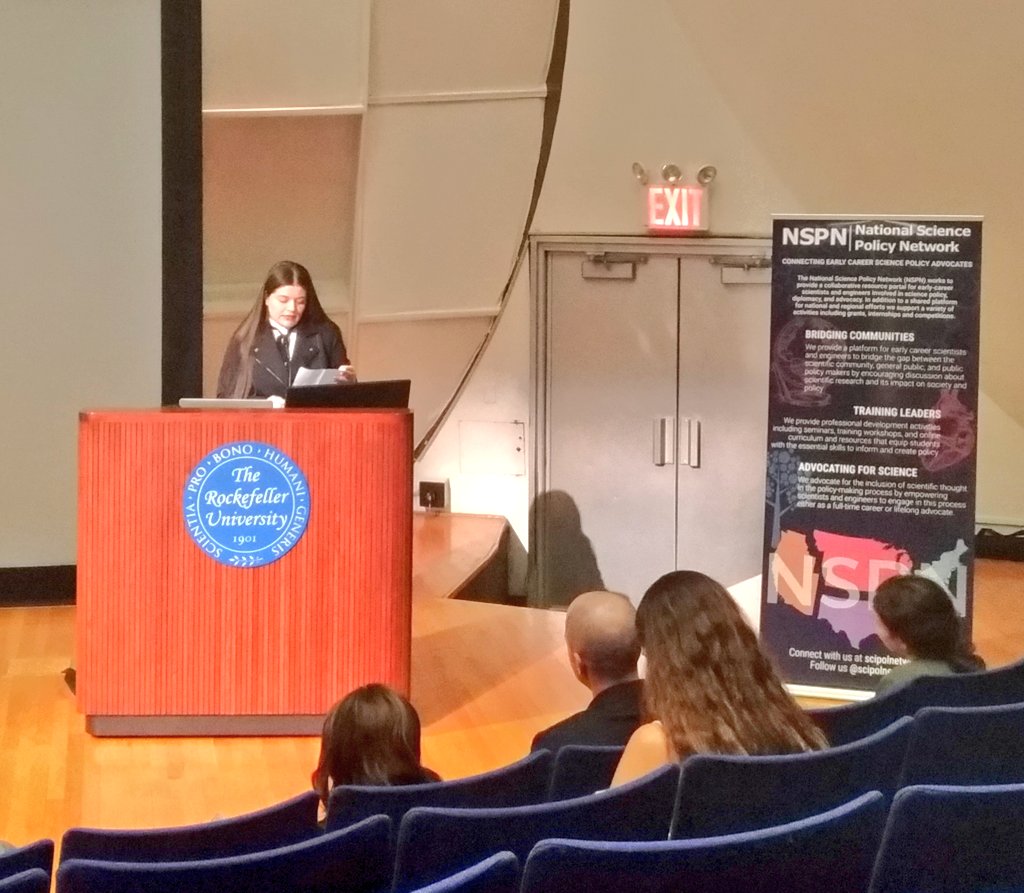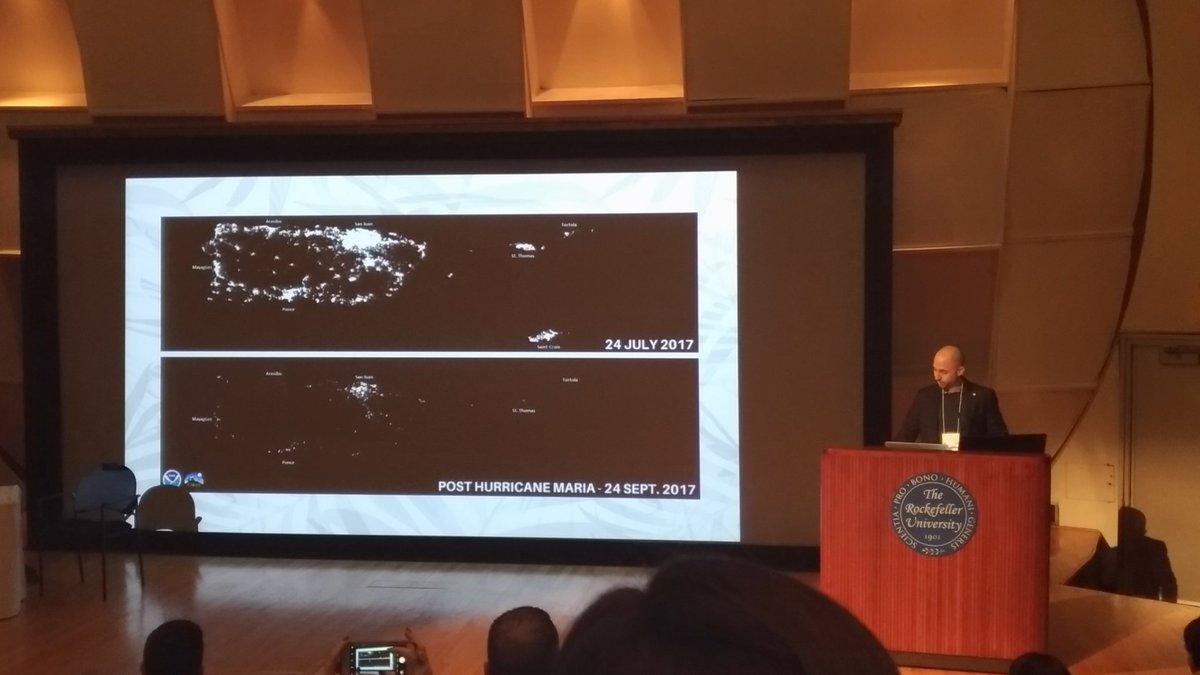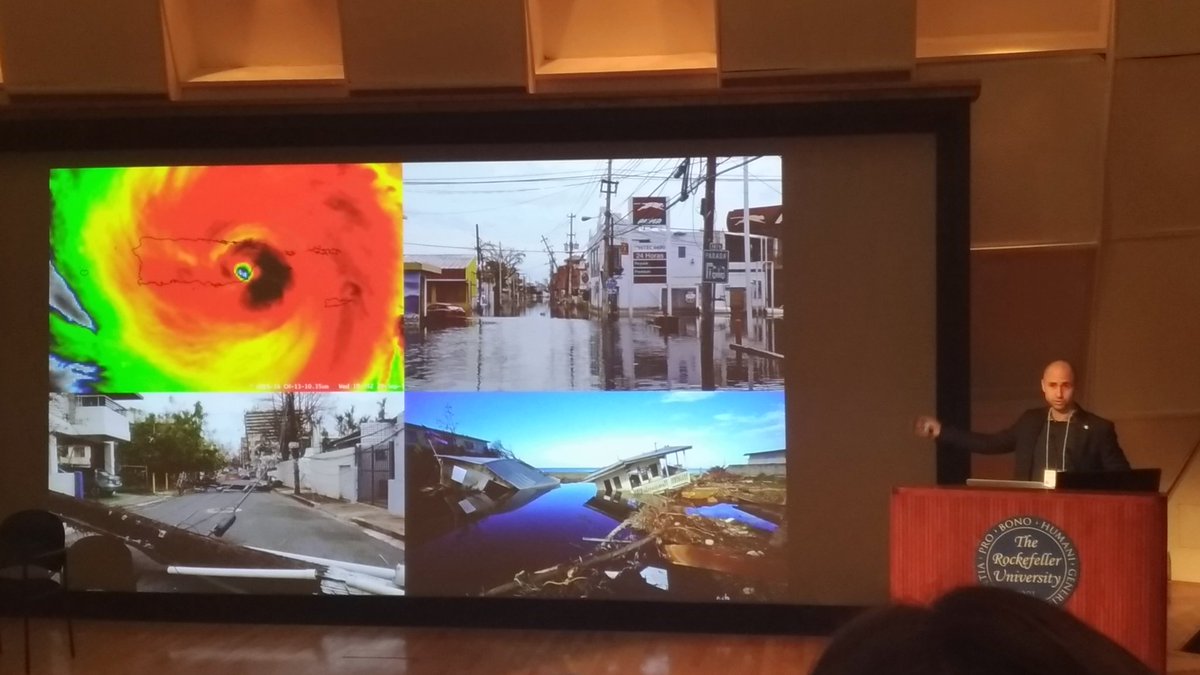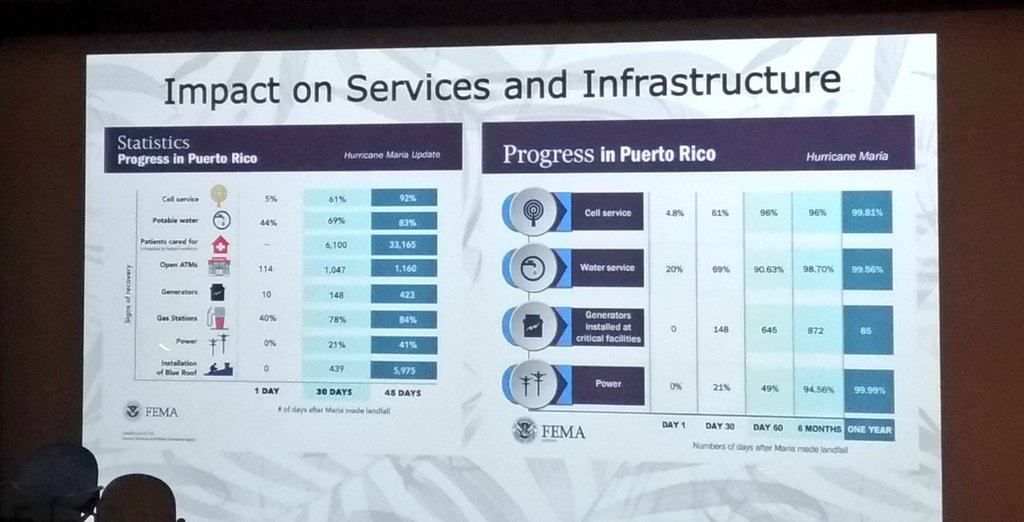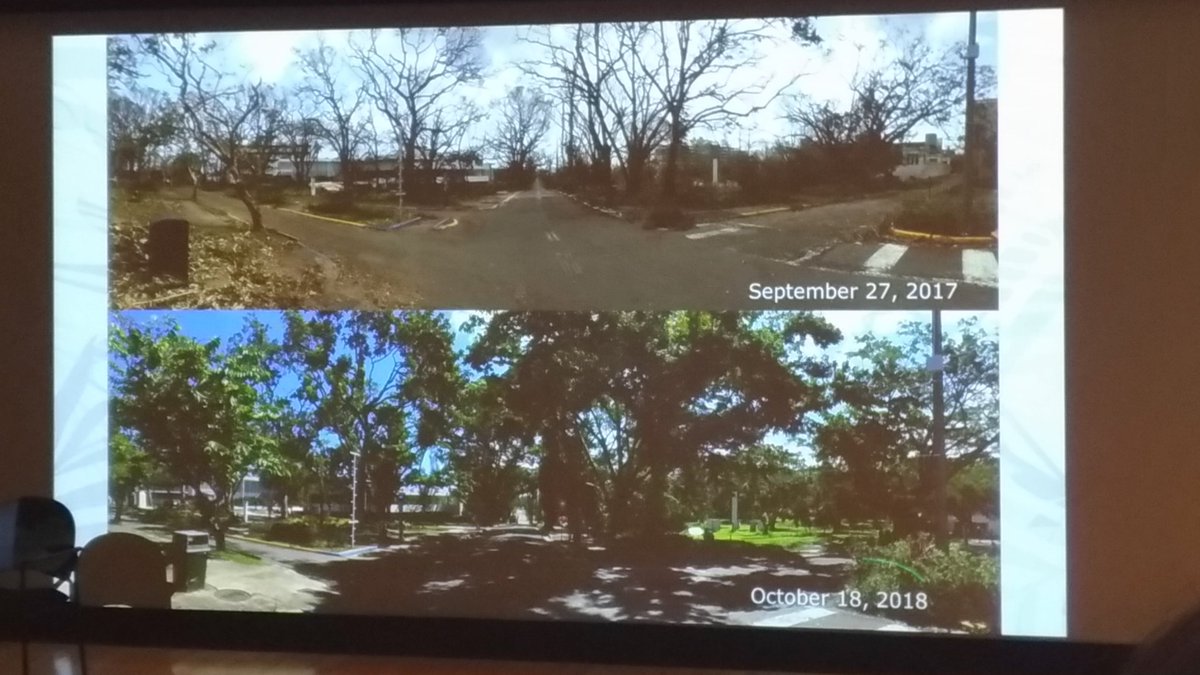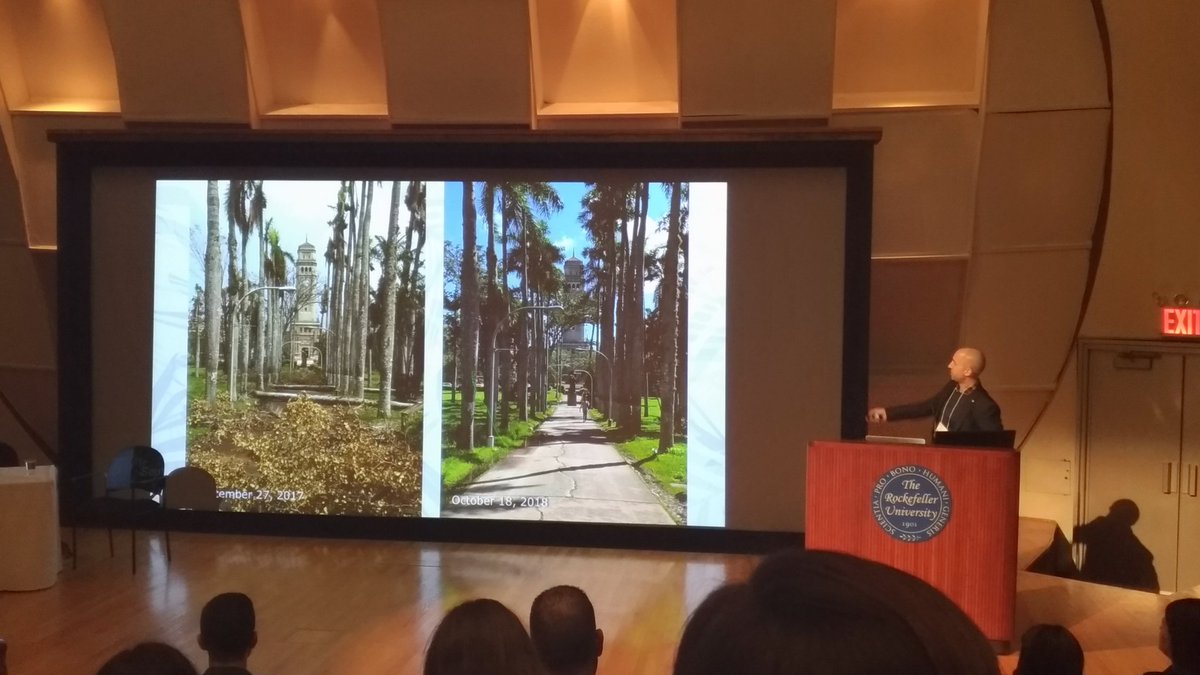Poret: There are no words in here other than what it says.
@NCAA attorney: That’s true.
Scrub forward to the 33-min. mark to hear my recap of the trial. (Also, support your local radio station!)
archive.wortfm.org/mp3/wort_18092…








Get real-time email alerts when new unrolls are available from this author!
Twitter may remove this content at anytime, convert it as a PDF, save and print for later use!

1) Follow Thread Reader App on Twitter so you can easily mention us!
2) Go to a Twitter thread (series of Tweets by the same owner) and mention us with a keyword "unroll"
@threadreaderapp unroll
You can practice here first or read more on our help page!

